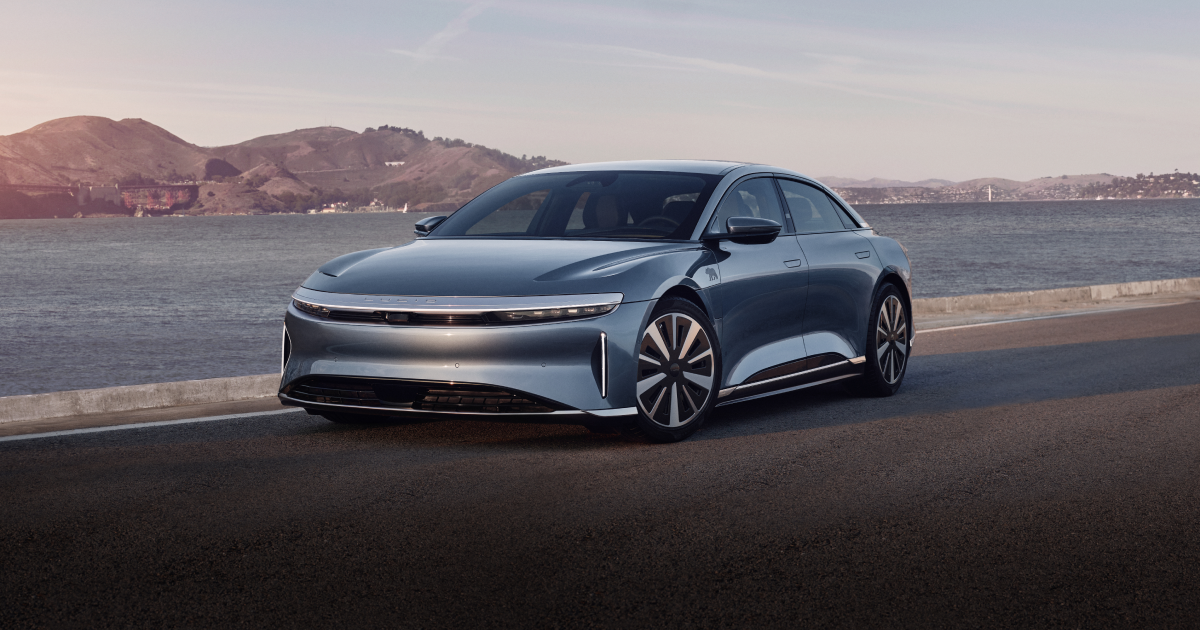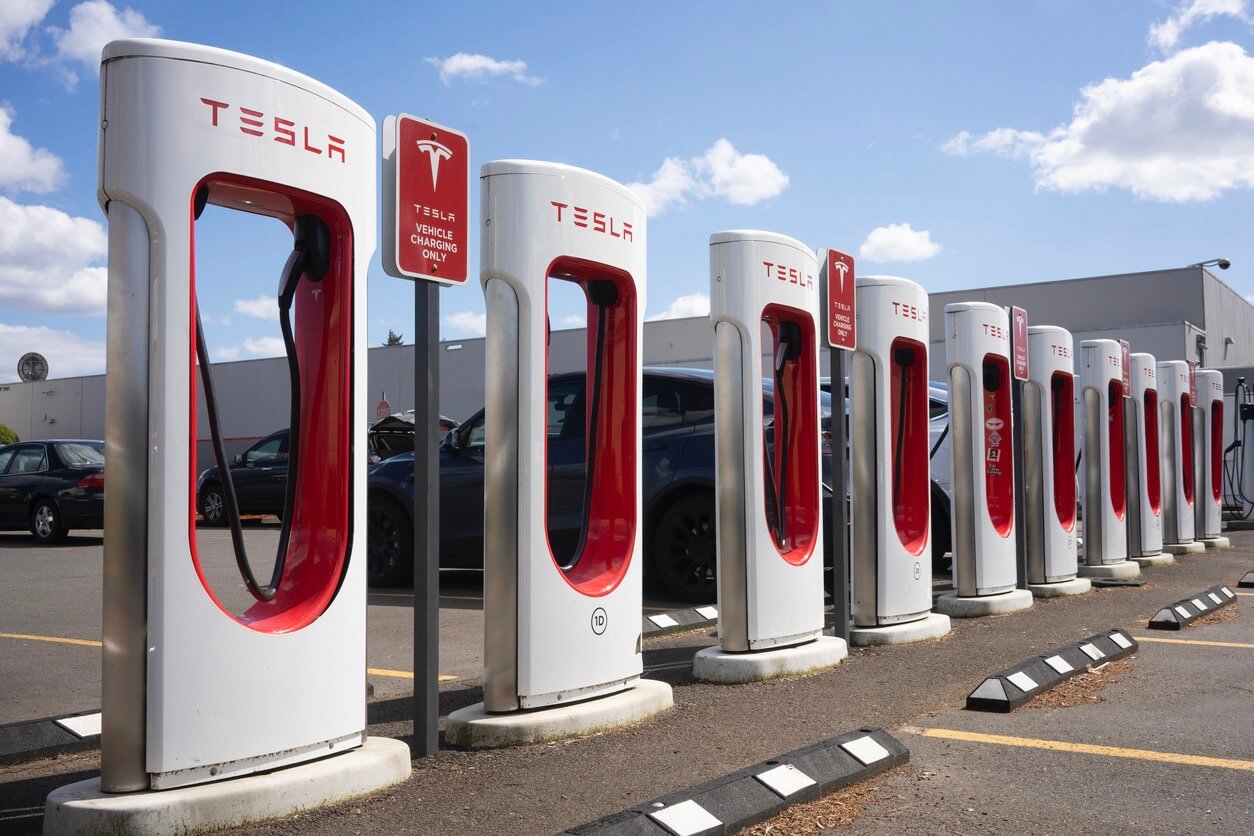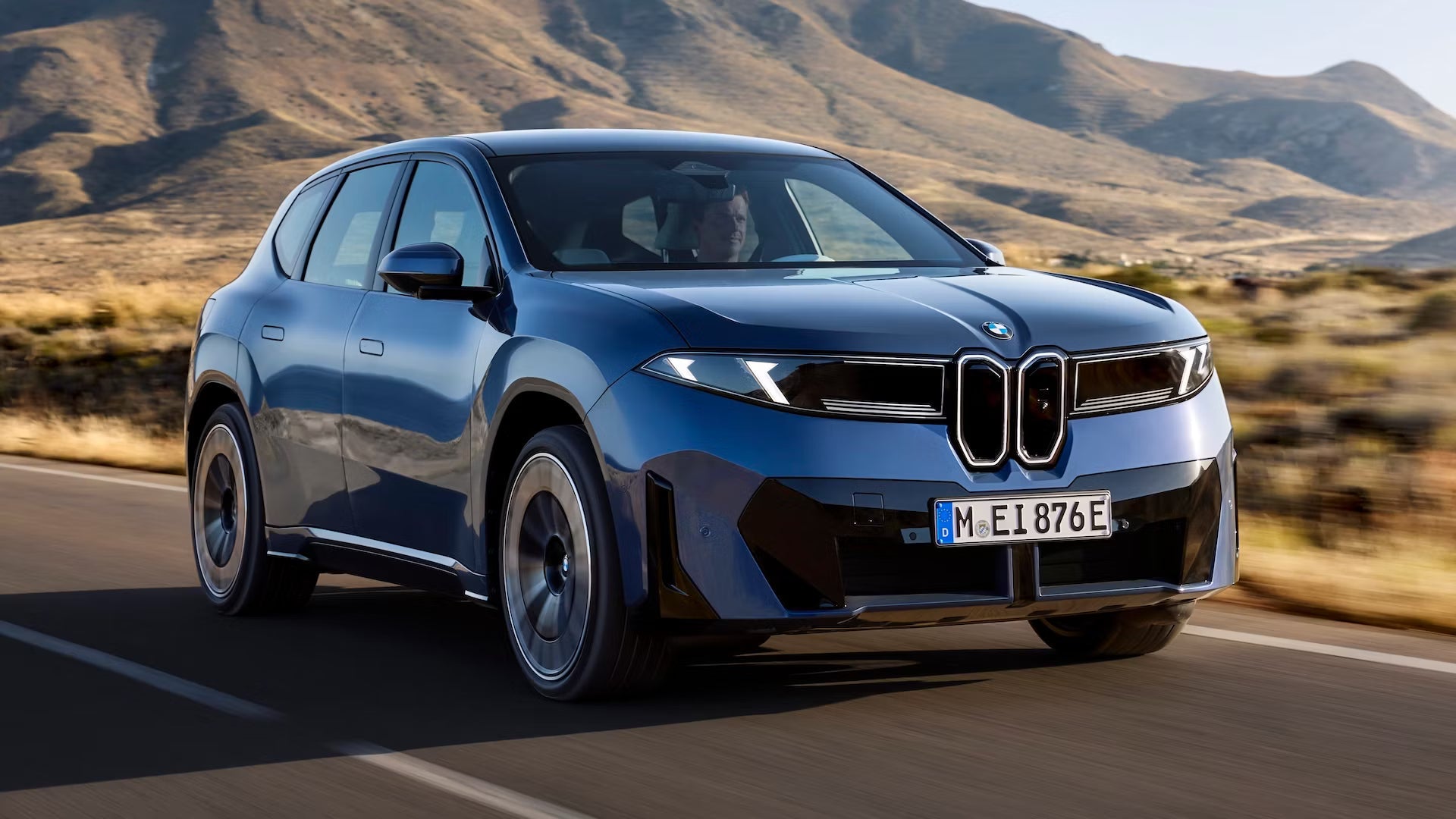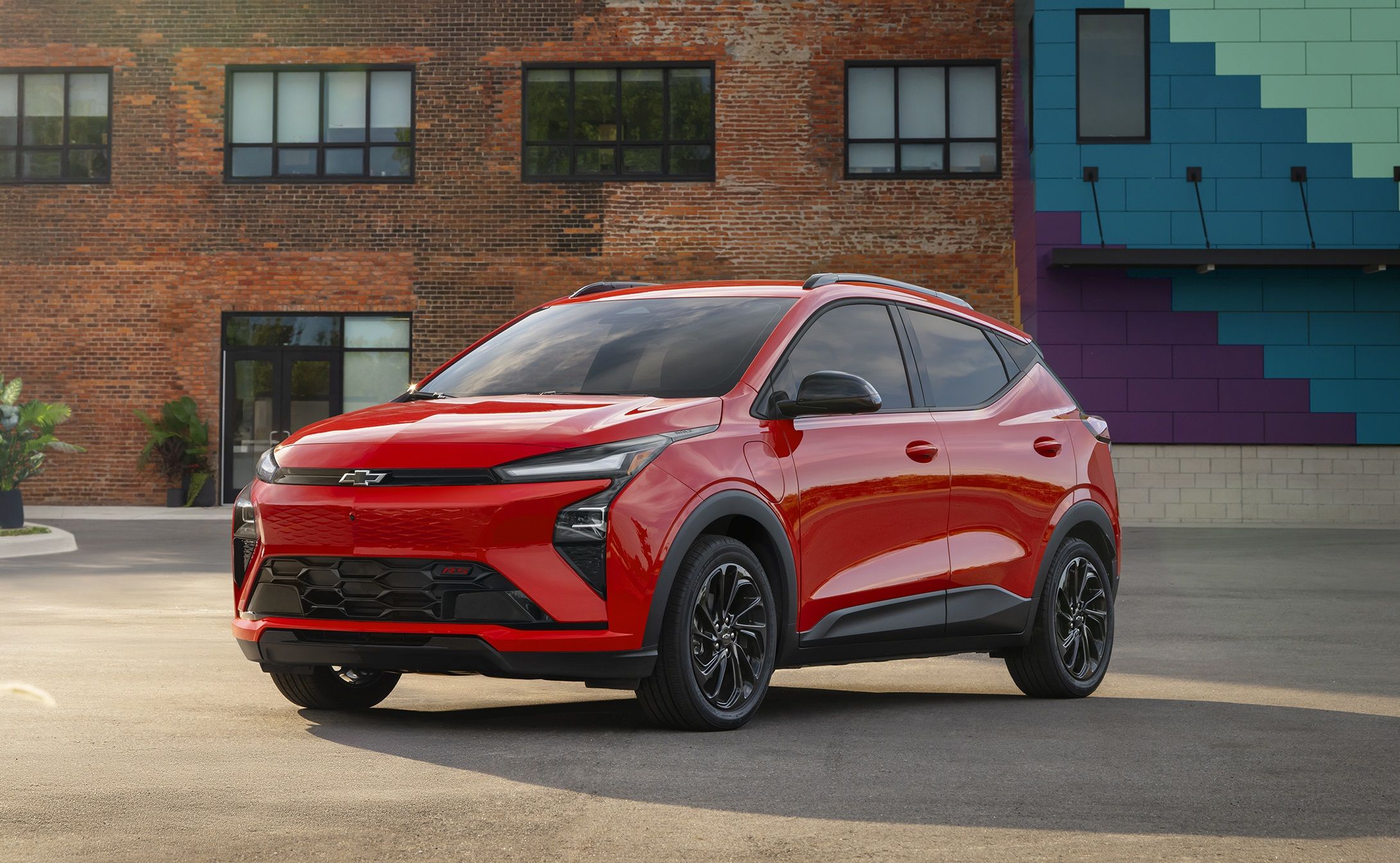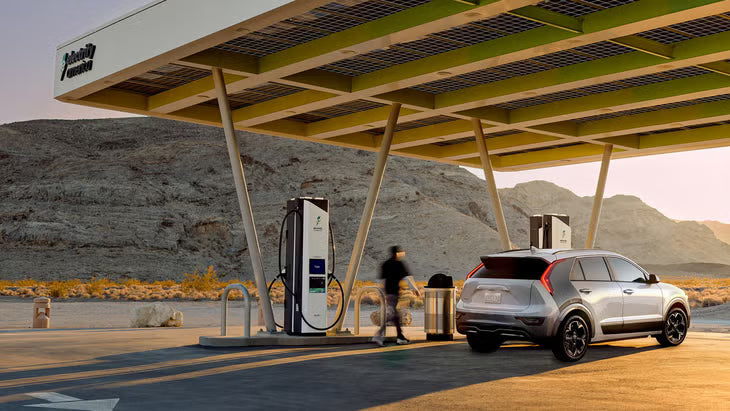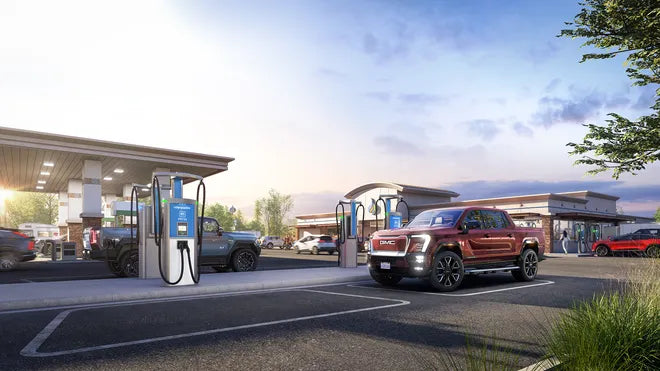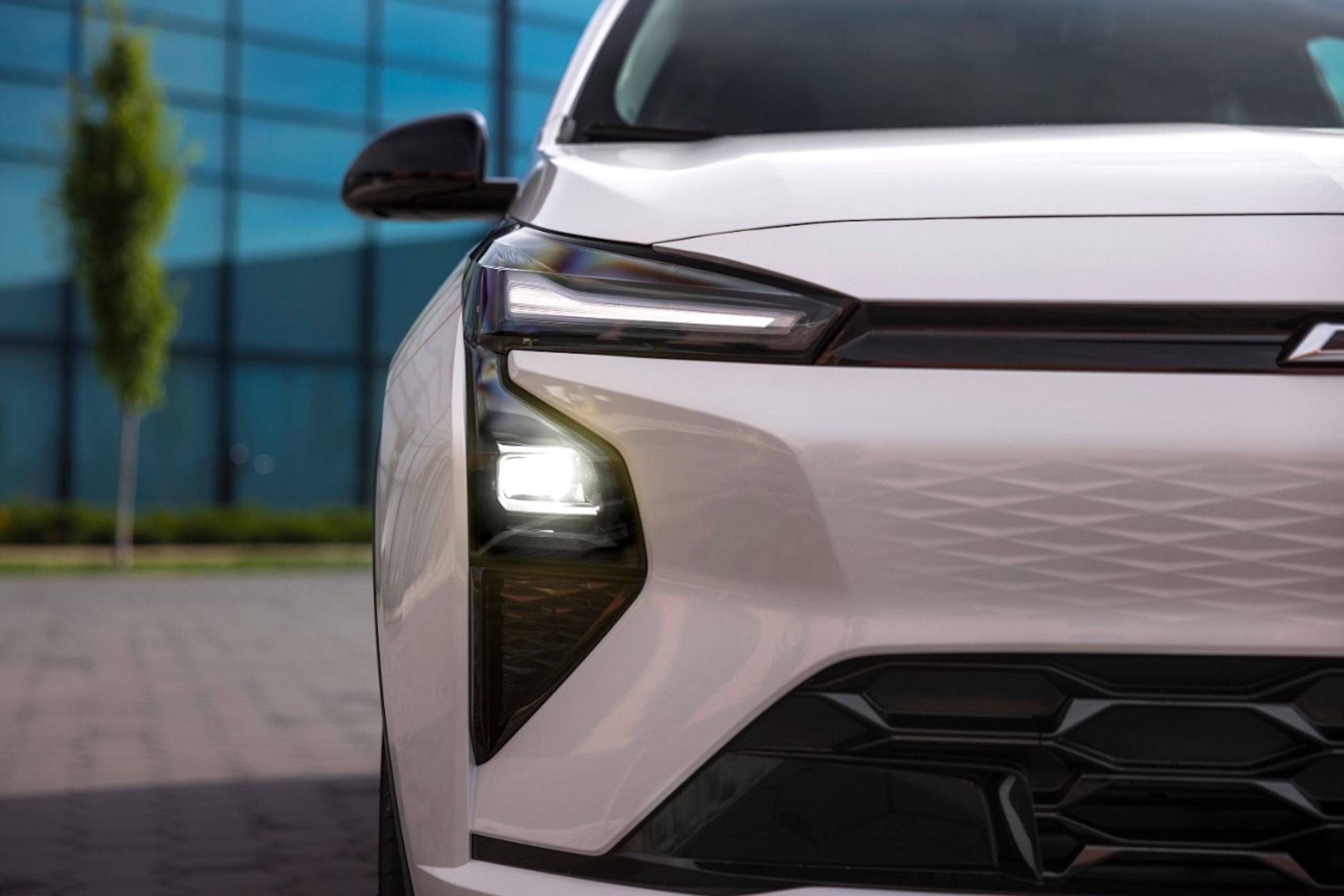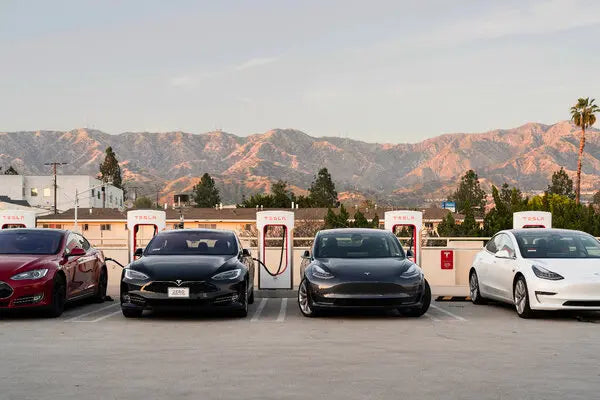News
- All
- Audi
- Autonomous Vehicles
- Battery Tech
- BMW
- Buying Guide
- BYD
- Charging
- Chevrolet
- China
- Climate
- Design
- Elon Musk
- Fiat
- Ford
- General Motors
- Honda
- Hyundai
- Industry Outlook
- Jaguar
- Jeep
- Kia
- Lucid Motors
- Mazda
- Mercedes-Benz
- Model Comparisons
- Monthly EV Lease Deals
- Monthly EV Recommendation
- Nissan
- Polestar
- Policies & Incentives
- Porsche
- Pricing
- Renault
- RIVIAN
- Sales
- Scout Motors
- Slate Truck
- Subaru
- Tesla
- Toyota
- User Guide
- Volkswagen
- Volvo
- Xiaomi
- Xpeng
- Zeekr
Tesla Dominates Q3 EV Charger Expansion — Outpacing Every Rival Combined
In Q3, Tesla added 1,820 new Supercharger ports, outpacing the next nine networks combined and solidifying its dominance in U.S. fast charging. Despite Trump-era clean energy rollbacks, nationwide charger growth remains steady, led by Tesla’s massive Supercharger network.
BMW iX3: The Electric SUV That’s Already Winning Buyers Over
The all-new BMW iX3 is off to a strong start, with over 3,000 orders in six weeks. Built on BMW’s Neue Klasse platform, it boasts a 500-mile range, dual-motor powertrain, and premium interior. Deliveries begin in 2026, marking BMW’s bold next step in electrification.
GM Confirms a New Line of Affordable EVs Beyond the Chevy Bolt
GM is developing a family of affordable EVs priced around $30,000, expanding beyond the Chevy Bolt. The lineup will use new battery tech like LFP and LMR to cut costs while targeting compact crossovers and other underserved EV segments.
Electrify America Now Shows Live EV Charger Availability on Google Maps
Electrify America now displays real-time EV charger availability on Google Maps, eliminating the need for app-switching. Drivers can view connector types, speeds, and open stalls instantly, while expanded Plug & Charge support simplifies the charging experience even further.
UK Charging Network Fights EV Cable Theft With GPS Tracking
Cable theft has become a costly issue for EV charging operators worldwide. UK-based InstaVolt is leading the fight by embedding GPS trackers and using cut-resistant, dye-marked cables to deter thieves. The move could set a new global standard for EV charger security.
Americans Grow More Receptive to Chinese Cars
A 2025 survey shows growing U.S. openness toward Chinese automakers. Over half of respondents would consider buying a Chinese EV, while concerns about security and data privacy continue to decline, driven by increased media coverage and brand visibility.
10-Minute EV Charging Is Coming to the U.S.—But Drivers May Not Need It
ChargePoint plans to introduce 600 kW EV chargers in the U.S. next year, enabling 10-minute charging speeds. But with no EVs currently supporting that power level, the technology may be more about future-proofing than practical benefit today.
GM’s Record EV Sales Come With a $1.6 Billion Cost
GM achieved record EV sales in 2025, yet announced a $1.6B loss after federal policy reversals ended key tax credits. As the automaker cuts EV production and faces new tariffs, it’s learning the high cost of rapid shifts in U.S. energy policy.
California Reaches 29.1% EV Share of Auto Sales in Q3 2025
California hit a record 29.1% EV share of new auto sales in Q3 2025, showing continued growth despite federal policy changes. With over 200,000 public chargers and expanding model options, the state remains the nation’s leader in electric adoption.




